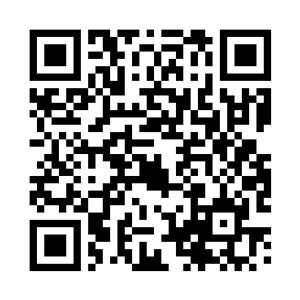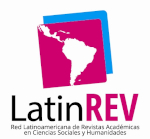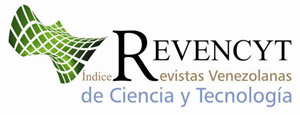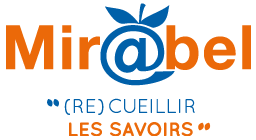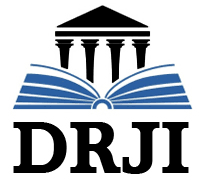Educational quality: reality of the teacher in the virtuality of learning in primary education
Keywords:
educational quality, teaching-learning, primary education, virtualityAbstract
This essay was oriented with the purpose of examining from a theoretical point of view the scenarios linked to educational quality in the virtuality of teaching-learning in primary education. For its development, three theoretical disquisitions were assessed related to the evaluation of educational quality in virtual environments of primary education, successful practices of educational quality of online primary education, challenges and opportunities of primary education in digital scenarios. The methodological orientation followed the path of documentary research, selecting the most recent articles from the academic Web, through signing, from which the content analysis was completed. Some of the conclusions focused on the quality of personal digital technology and the availability of adequate spaces for learning, the significant impact of which is recognized on the well-being, motivation and success of students in virtuality, in terms of innovation from the student-centered approach, as key elements to guarantee educational quality in virtual reality, while offering the possibility of educational experiences that promote critical and creative thinking.
Downloads
References
Alvarez, L., Castro, A. & Cervero, A. (2023). Intelligent analysis of the quality of education through teaching practices on virtual campuses. European Journal of Psychology of Education, 38, 1111-1128. https://doi.org/10.1007/s10212-022-00649-2.
Caprara, L., & Caprara, C. (2022). Effects of virtual learning environments: A scoping review of literature. Educational Information Technology, 27(3), 3683-3722. DOI: 10.1007/s10639-021-10768-w.
Johnson, C. C., Walton, J. B., Strickler, L., & Elliott, J. B. (2022). Online teaching in K-12 education in the United States: a systematic review. Review of Educational Research, 93(3). https://doi.org/10.3102/00346543221105550.
Marougkas, A., Troussas, C., Krouska, A., & Sgouropoulou, C. (2023). Virtual reality in education: a review of learning theories, approaches and methodologies for the last decade. Electronics, 12(13), 2832. https://doi.org/10.3390/electronics12132832.
Mhlongo, S., Mbatha, K., Ramatsetse, B., & Dlamini, R. (2023). Challenges, opportunities, and prospects of adopting and using smart digital technologies in learning environments: An iterative review. Heliyon, 9(6). https://doi.org/10.1016/j.heliyon.2023.e16348.
Mursalin, M., Sarkadi, S., & Hidayat, D. R. (2021). Preparation of basic schoolteachers in online teaching in the pandemic time Covid-19. International Journal of Multicultural and Multireligious Understanding (IJMMU), 8(5), 637-644.
Ong, S., Quek, G. (2023). Enhancing teacher–student interactions and student online engagement in an online learning environment. Learning Environments Research, vol. 26, 681-707. https://doi.org/10.1007/s10984-022-09447-5.
Pardo-Baldoví, M. I., San Martín-Alonso, Á., & Peirats-Chacón, J. (2023). The Smart Classroom: Learning Challenges in the Digital Ecosystem. Education Sciences, 13(7), 662. https://doi.org/10.3390/educsci13070662.
Sorgo, A., VirtiC, M., & Dolenc, K. (2023). The idea that digital remote learning can happen anytime, anywhere in forced online teacher education is a myth. Technology, Knowledge and Learning, 28, 1461-1484.
Spoel, I., Noroozi, O., Schuurink, E., & Ginkel, S. (2020). Teachers’ online teaching expectations and experiences during the Covid19-pandemic in the Netherlands. European Journal of Teacher Education. https://doi.org/10.1080/02619768.2020.1821185.
Suleiman, M. & Danmuchikwali, B. (2020). Digital education: opportunities, threats, and challenges (Paper Registration I.D: EDPC20201536)
Published
How to Cite
Issue
Section
License
Copyright (c) 2023 Luisa Elena Pérez de García

This work is licensed under a Creative Commons Attribution-NonCommercial-ShareAlike 4.0 International License.





